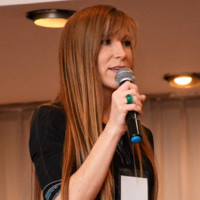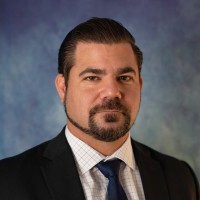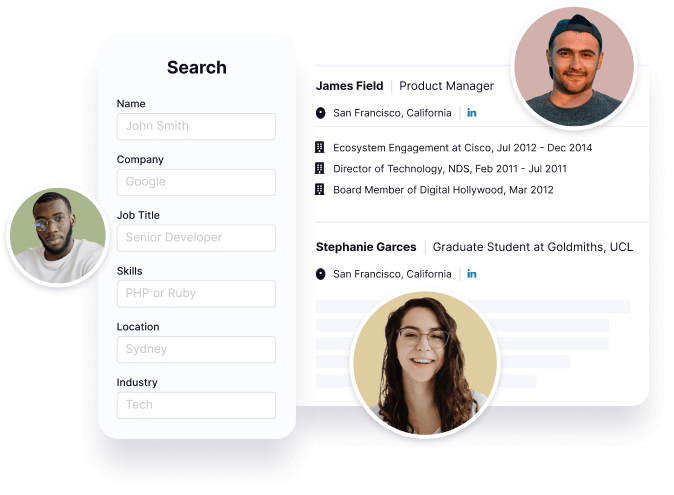Rezsa Farahani's Email & Phone Number
Machine Learning Eng Leader @ Google
Rezsa Farahani Email Addresses
Rezsa Farahani Phone Numbers
Rezsa Farahani's Work Experience




Sysomos
Manager (Technical), Data Science
March 2015 to December 2016

Orcasense
Founder and Machine Learning Engineer
January 2014 to January 2016

Show more
Show less
Frequently Asked Questions about Rezsa Farahani
What is Rezsa Farahani email address?
Email Rezsa Farahani at [email protected], [email protected] and [email protected]. This email is the most updated Rezsa Farahani's email found in 2024.
How to contact Rezsa Farahani?
To contact Rezsa Farahani send an email to [email protected], [email protected] or [email protected].
What company does Rezsa Farahani work for?
Rezsa Farahani works for Google
What is Rezsa Farahani's role at Google?
Rezsa Farahani is Google Brain
What is Rezsa Farahani's Phone Number?
Rezsa Farahani's phone (**) *** *** 852
What industry does Rezsa Farahani work in?
Rezsa Farahani works in the Internet industry.
Rezsa Farahani's Professional Skills Radar Chart
Based on our findings, Rezsa Farahani is ...
What's on Rezsa Farahani's mind?
Based on our findings, Rezsa Farahani is ...
Rezsa Farahani's Estimated Salary Range
Rezsa Farahani Email Addresses
Rezsa Farahani Phone Numbers
Find emails and phone numbers for 300M professionals.
Search by name, job titles, seniority, skills, location, company name, industry, company size, revenue, and other 20+ data points to reach the right people you need. Get triple-verified contact details in one-click.In a nutshell
Rezsa Farahani's Personality Type
Introversion (I), Intuition (N), Thinking (T), Judging (J)
Average Tenure
2 year(s), 0 month(s)
Rezsa Farahani's Willingness to Change Jobs
Unlikely
Likely
Open to opportunity?
There's 86% chance that Rezsa Farahani is seeking for new opportunities
Top Searched People
American former baseball player
Singer
Football wide receiver
Football wide receiver
American basketball coach




































Rezsa Farahani's Social Media Links
/in/rezsa /company/google /school/stanford-university/